Former soldier Daniel Khalife has been branded a “dangerous fool” by a judge imprisoning him for more than 14 years for escaping from prison and spying for Iran.
In a jailbreak that drew intense nationwide attention and sparked a major manhunt, Khalife, 23, escaped from category B prison HMP Wandsworth in southwest London by clinging to the underside of a food delivery truck in September 2023. He was caught on a canal towpath by a plainclothes detective three days later.
Described by police as the “ultimate Walter Mitty character that was having an extremely significant impact in the real world”, Khalife was also serving in the British army when he “exposed military personnel to serious harm” by collecting sensitive information and passing it to agents of Iran.
He was paid in cash for the secret information and told handlers he would stay in the military for 25-plus years for them.
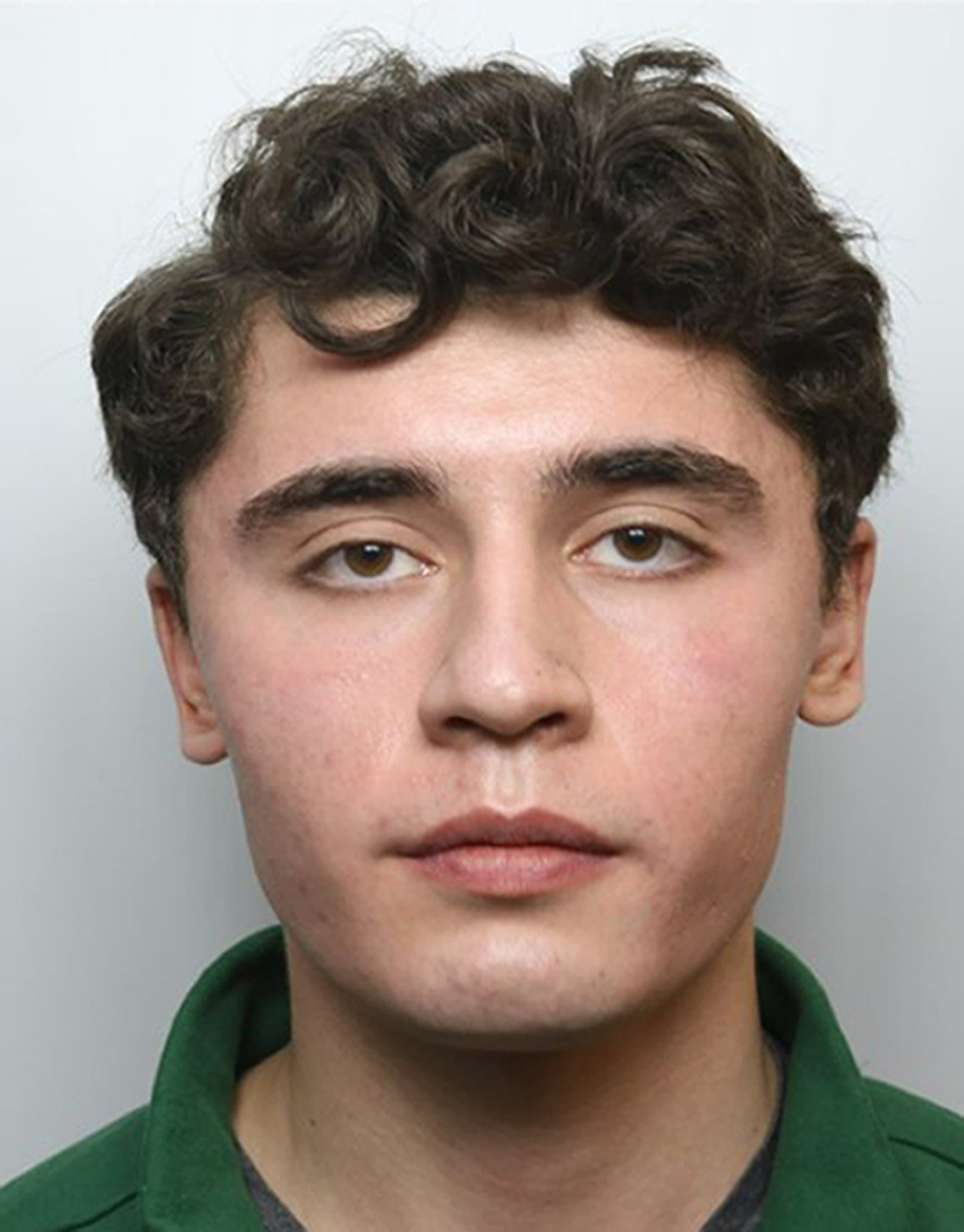
Prosecutors in his trial said Khalife, originally from Kingston upon Thames in southwest London, played “a cynical game”, claiming he wanted a career as a double agent to help the British intelligence services, when in fact he gathered “a very large body of restricted and classified material”.
However, his defence lawyer Gul Nawaz Hussain KC called the double agent plot “hapless” and “sometimes bordering on the slapstick”, more Scooby-Doo than James Bond or Homeland.
Jurors at Woolwich Crown Court found in November last year that Khalife had breached the Official Secrets Act and the Terrorism Act. He was cleared of carrying out a bomb hoax and had already admitted during his trial to fleeing Wandsworth Prison. He was sentenced to 14 years and three months imprisonment at the same court on Monday.

Passing sentence, Ms Justice Cheema-Grubb told Khalife: “When you joined the army as a young man, you had the makings of an exemplary soldier. However, through repeated violations of your oath of service, you showed yourself to be, instead, a dangerous fool.”
She described his “fantastical” plans as illustrative of his “immaturity” and showing such a “degree of folly in your failure to understand at the most obvious level the risk you posed”.
Concluding he had been motivated by “a selfish desire to show off”, the judge referenced a doctor’s findings when she said: “You are an attention-seeker and you enjoyed the notoriety attracted to you after your escape... You didn’t want to be just a number with no one looking at you.”
Khalife’s own barrister told the sentencing hearing that some of the documents he had forged to pass to the Iranians were “laughably fake” and said the 23-year-old’s spying activities will not go down in the “annals of history”.
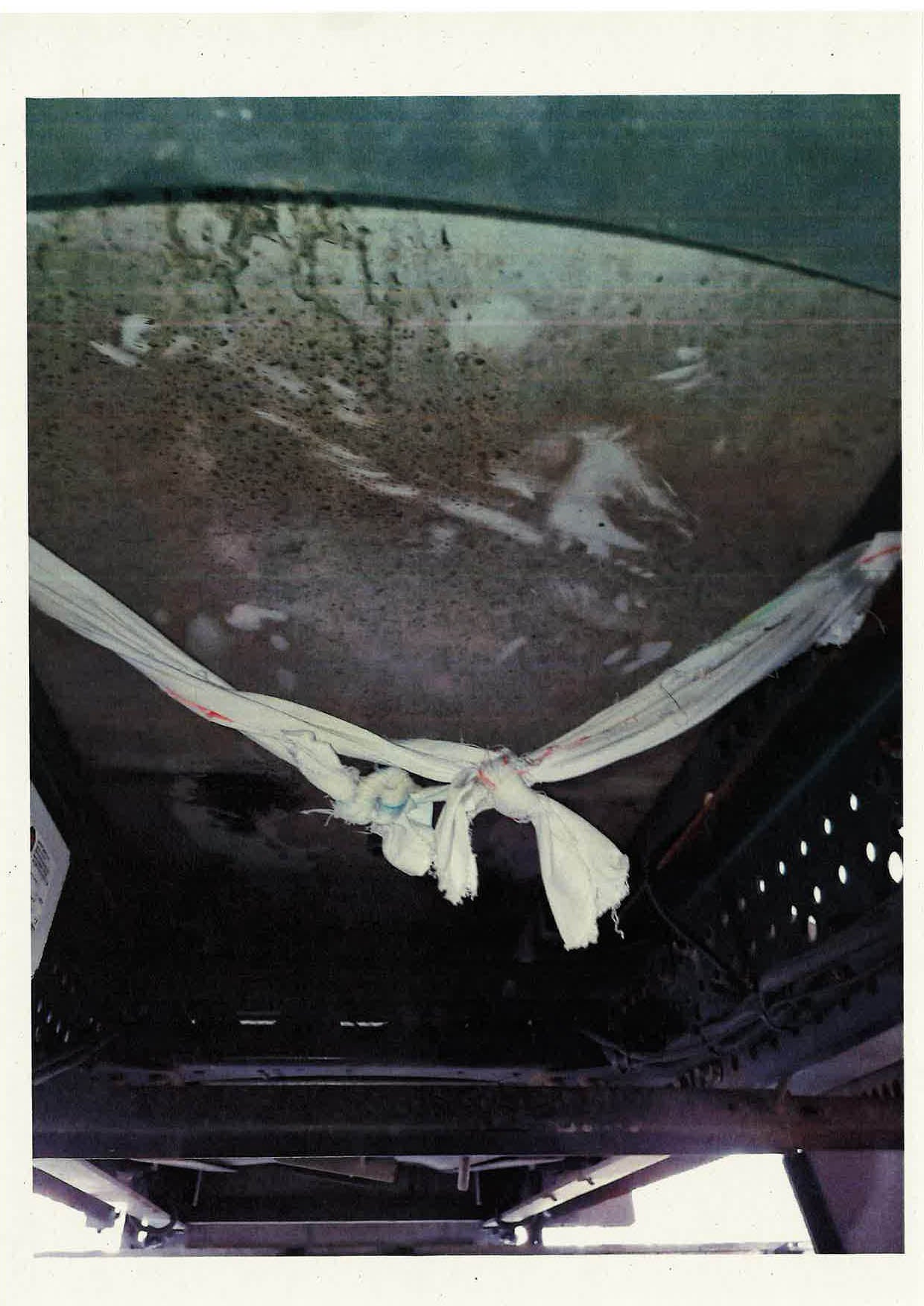
He also told Ms Justice Cheema-Grubb that Khalife has been made “uncomfortable” by the notoriety generated by his case and that the defendant has stated: “I’m not going to let what happened define me.”
It was revealed that Khalife’s escape had cost police more than £250,000 in overtime.
It also emerged that Khalife had been diagnosed with Narcissistic Personality Disorder and Antisocial Personality Disorder.
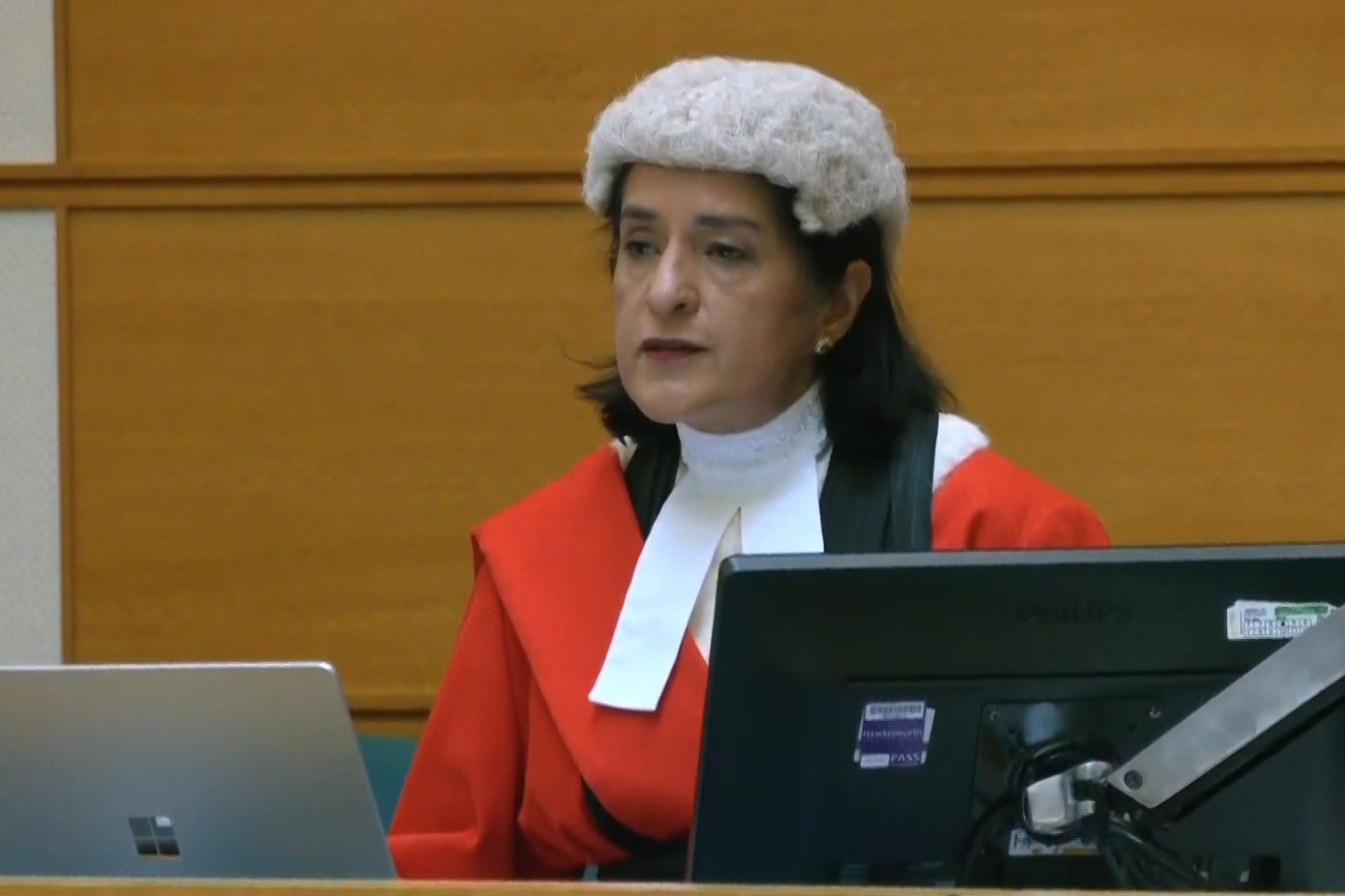
Khalife joined the Army in 2018, two weeks before his 17th birthday, and served with the Royal Corps of Signals.
Khalife secretly gathered the names of serving soldiers in 2021, including those in the special forces. He took a photo of a handwritten list of 15 of them, having been sent an internal spreadsheet of promotions in June 2021. Prosecutors believe he sent the list to Iran before deleting any evidence.
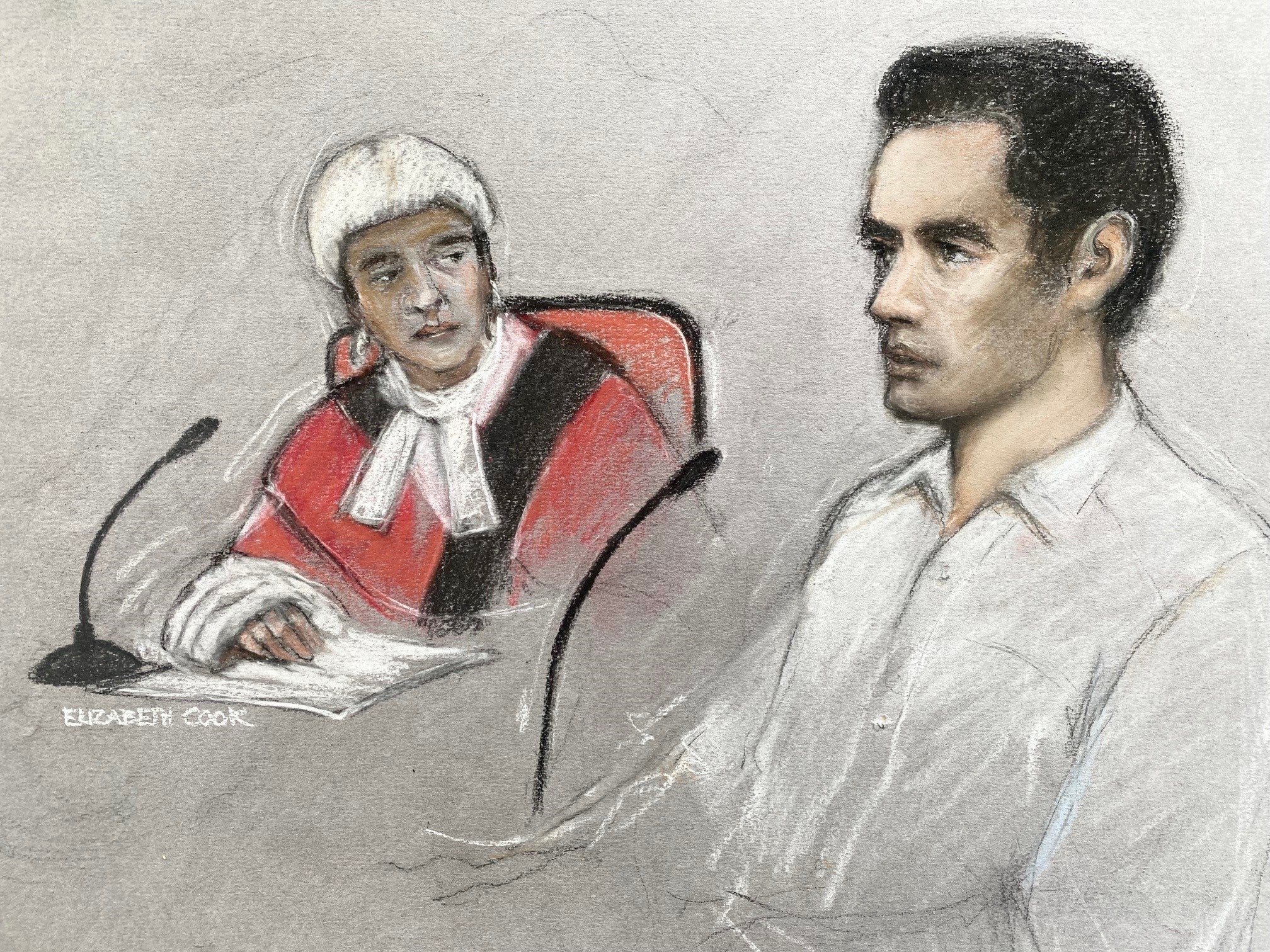
After his arrest, he told police he had wanted to offer himself to UK security agencies all along, having emailed MI6 as early as 2019.
Khalife told his trial he wanted to prove bosses wrong after being told his Iranian heritage could stop him from working in military intelligence, and came up with his elaborate double agent plot after watching the TV spy thriller Homeland.
In November 2021, he made an anonymous call to the MI5 public reporting line, confessing to being in contact with Iran for more than two years. He offered to help the British security services and said he wanted to return to his normal life.

Five days before his successful escape, Khalife attached a sling to the underside of a lorry made from kitchen trousers and carabiners.
While on the run, he bought clothes from Marks & Spencer and a coffee from McDonald’s, and walked beside the River Thames.

He made one last attempt to contact the Iranians before he was caught, sending a Telegram message that said simply: “I wait.”
Khalife told his trial he escaped in the hope he would be kept in a segregated high-security unit at HMP Belmarsh, away from “sex offenders” and “terrorists” after his recapture.

The judge rejected Khalife’s argument that he was fearful for his safety at HMP Wandsworth.
Following Khalife’s escape, HMP Wandsworth’s Independent Monitoring Board (IMB) said an audit found 81 security failings at the scandal-hit jail in a report published last year, while an internal review made 39 recommendations.
The IMB said the incident led to multiple reviews and action, including “previously unavailable funding” being found for security improvements and “significant investment” in a bid to stop illicit items from being taken into the prison.
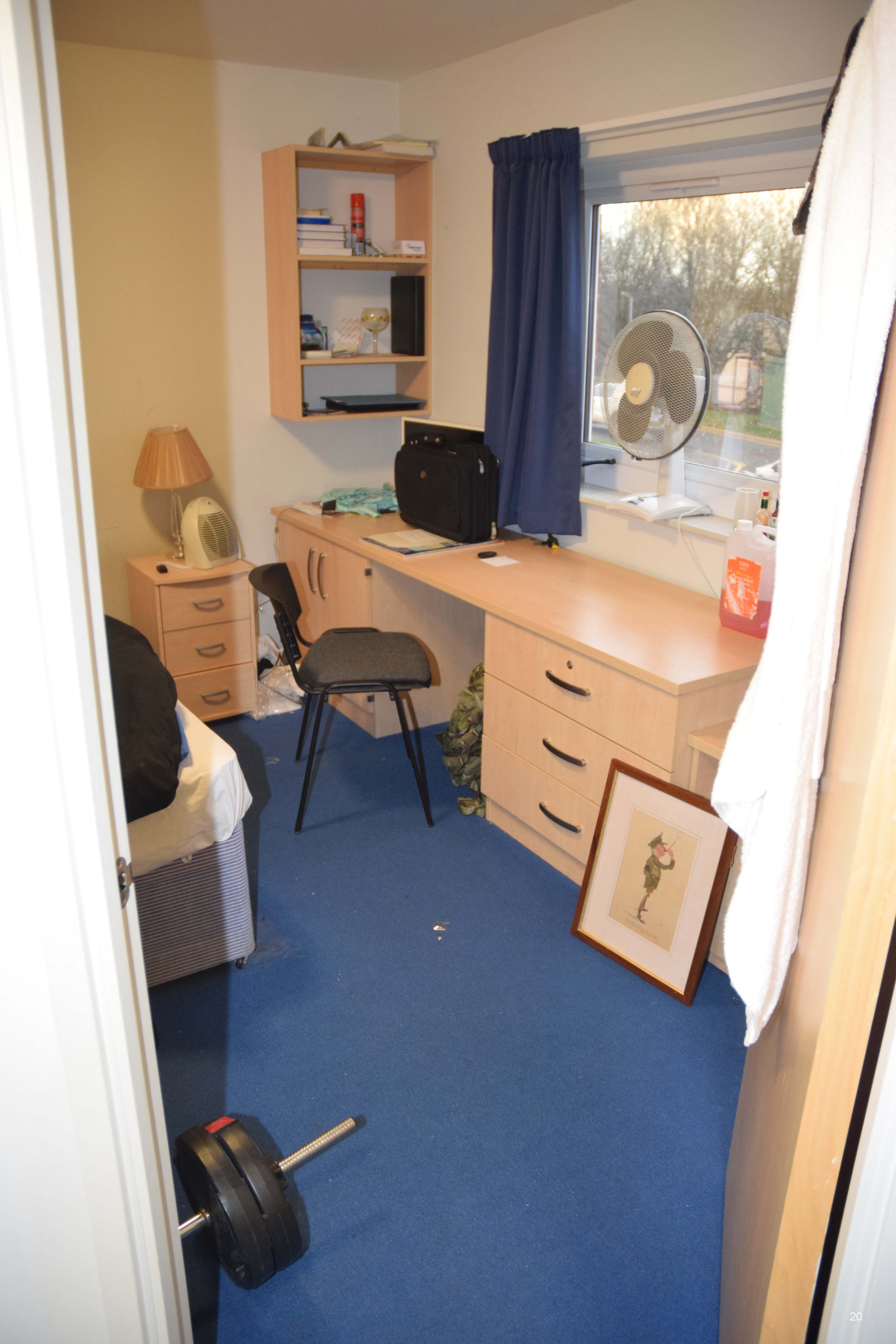
Khalife was sentenced to six years for committing an act prejudicial to the safety or interests of the state, and another six years – consisting of five years in prison and one on licence – for eliciting information about members of the armed forces, while he was handed two years and three months for the jailbreak.
Reacting to the sentencing, Commander Dominic Murphy, head of the Met Police Counter Terrorism Command, described Khalife’s actions as “extremely reckless and dangerous” as he warned: “We will use the full force of the law against those who put the UK’s security at risk.”







